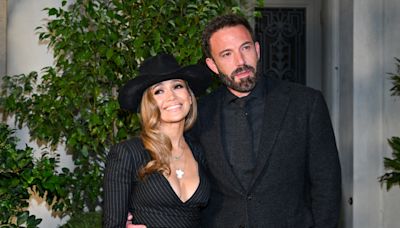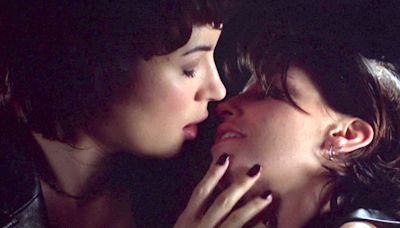Search results
Jennifer, also spelled Jenifer or Jenefer, is a feminine given name, the Cornish form of Guinevere, [1] that became popular in the English-speaking world in the 20th century. History.
Oct 28, 2022 · Jennifer is frequently used as a girl name. Learn more about the meaning, origin, and popularity of the name Jennifer.
- Jennifer Popularity. 502 US 2022. 394 Nameberry 2024. 470 England 2021. 380 Germany 2016. 114 Mexico 2021.
- 20 Names Similar to Jennifer. These 20 names were selected by our users that were looking for other names like Jennifer. Stephanie. Jessica. Jenny. Jenna. Ashley.
- Famous People Named Jennifer. Jennifer Jones (born Phylis Lee Isley)American actress. Jennifer Shrader Lawrence American Actress. Jennifer Maria Capriati American tennis player.
- Jennifer in Pop Culture. Jennifer Carson character on Australian TV series "Carson's Law" Jennifer "Jen" Lindley character on TV's "Dawson's Creek" Jennifer Tallulah Humphrey character on TV's "Gossip Girl"
Jan 21, 2022 · Meaning & History. Expand Links. From a Cornish form of the Welsh name Gwenhwyfar (see Guinevere ). This name has only been common outside of Cornwall since the beginning of the 20th century, after it was featured in George Bernard Shaw's play The Doctor's Dilemma (1906).
May 7, 2024 · The name Jennifer is of Welsh origin and is derived from the name “Gwenhwyfar,” which means “fair one” or “smooth and white.”. It also has roots in Cornwall where the name Guinevere is believed to be the source of the name Jennifer, after the wife of King Arthur in the legendary folktale known for her charming beauty.
5 days ago · The name Jennifer is primarily a female name of English origin that means Fair, Soft. The name Jennifer is originally a Cornish version of the Welsh name Gwynhwyfar, used for women of light complexion. It's also a variation of the name Gwenivere.
Jun 7, 2024 · The name Jennifer, of Cornish origin, was derived from Guinevere, which translates to "fair one" or "white wave." Although it was relatively unused in the English-speaking world before the 20th century, its popularity surged in the latter half, thanks in part to literature and entertainment.


